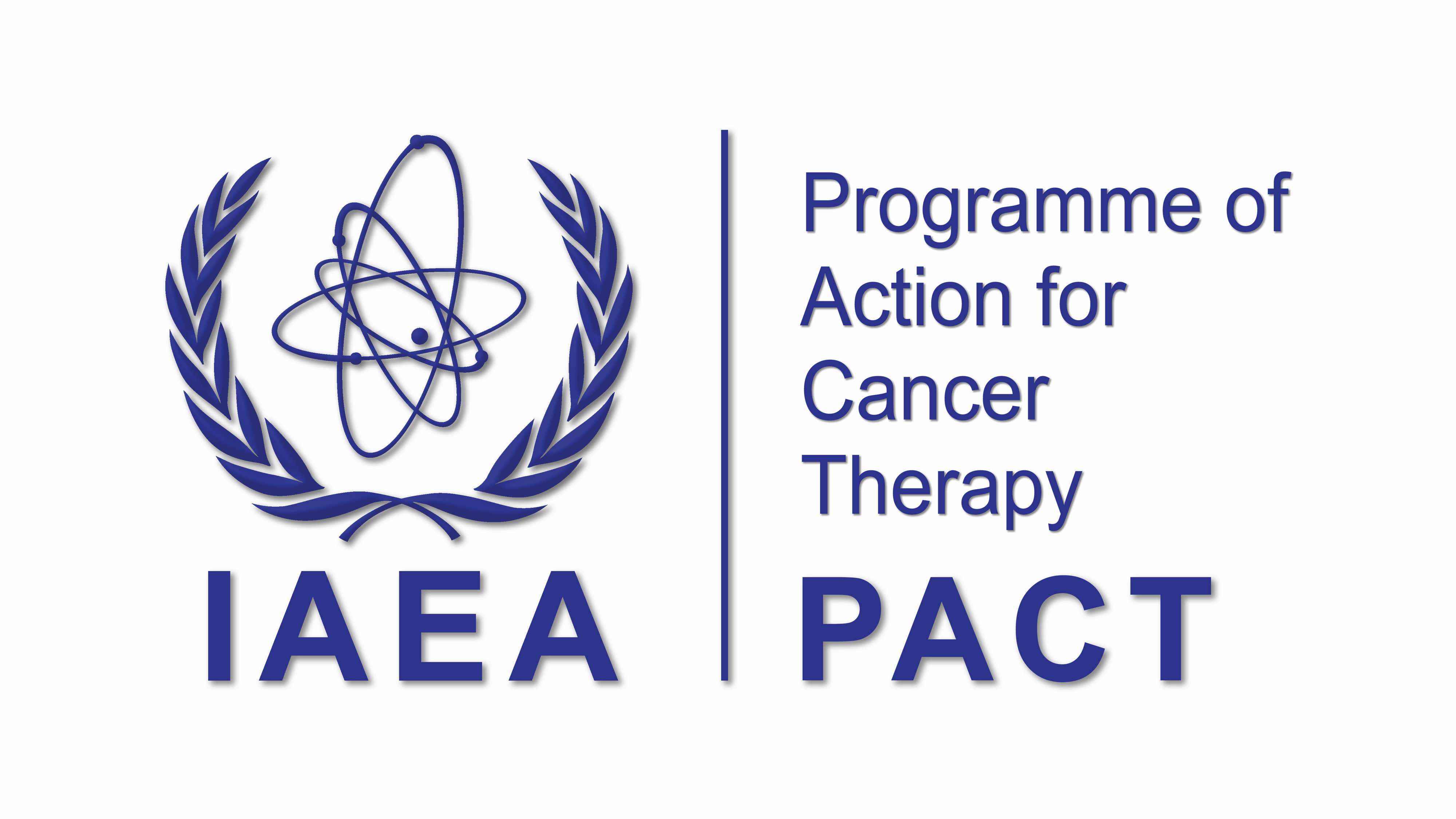Far too many cancer patients die in pain as morphine remains unavailable in 150 countries around the world. Access to opioids is crucial for pain control, and the situation become more dramatic in countries with no capacity to provide palliative radiotherapy to advanced cancer patients.
A Side Event entitled “Access to internationally controlled drugs for medical purposes: Meeting a global challenge” was held on 13 March in Vienna during the Fifty-sixth session of the Commission on Narcotic Drugs (CND). The event sponsored by the Australian Government, the United Nations Office on Drugs and Crime (UNODC ), the Union for International Cancer Control (UICC ), one of the major IAEA partners in cancer control, and the IAEA’s Programme of Action for Cancer Therapy (PACT), aimed at addressing the challenge of access to opioids to relieve pain, particularly in cancer patients.
The event was opened by HE Mr David Gordon Stuart, Resident Representative and Ambassador of Australia in Austria, who stated that factors limiting the access to opioids were fear of dependence, cost of implementing control measures and legislative barriers. Mr Cary Adams, Chief Executive Officer of the UICC, expressed his organization’s commitment to enhancing global access to pain relief for cancer patients.
Among the experts invited, Dr Navchaa Gombodorj, Deputy Director of the National Cancer Center (NCC) of Ulaanbaatar Mongolia was sponsored by the Programme of Action of Cancer Therapy (PACT) to present the status of palliative care services in Mongolia. Dr Gombodorj highlighted the limited access to opioids and radiotherapy, the insufficient funding of the National Palliative Care Programme and limited knowledge of palliative care among health professionals, as the major challenges faced by Mongolia in that field. To improve the situation, Mongolia is currently implementing two projects to strengthen its radiotherapy and palliative care capacities. These projects received financial support from the Republic of Korea and the Principality of Monaco through IAEA PACT.
